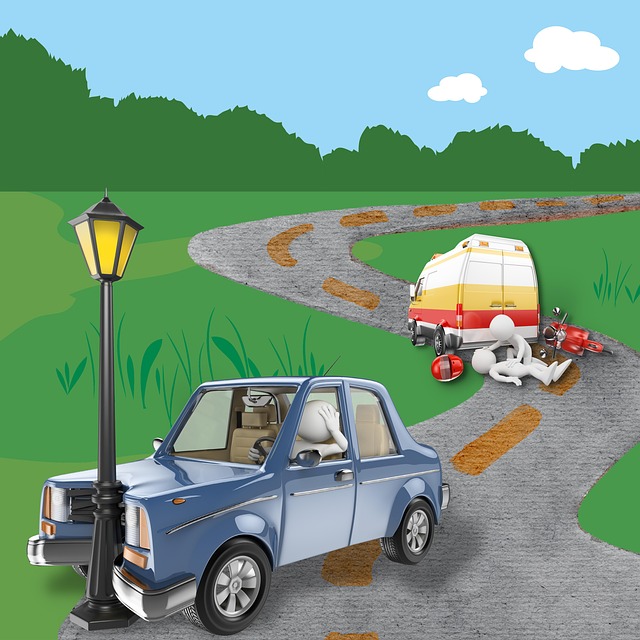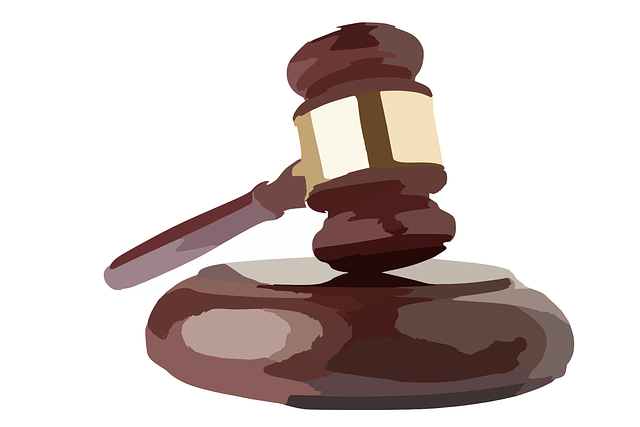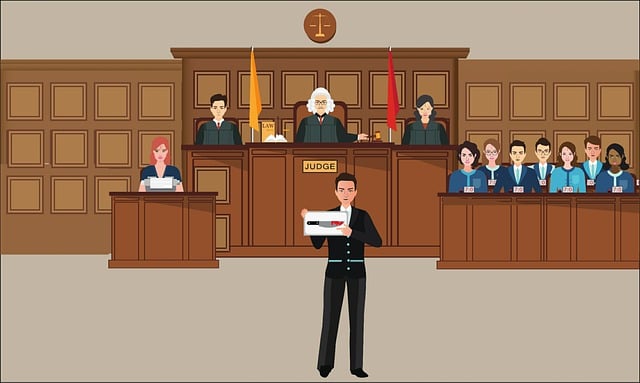Understanding store slip and fall laws is crucial for both victims and businesses as strict time limits (statutes of limitations) govern filing injury claims. Failure to comply can result in loss of compensation rights. These laws aim to balance injured parties' rights with holding businesses accountable for safe premises, impacting personal injury claims. Timely filing is essential; consulting an experienced attorney is critical. Proving negligence involves demonstrating awareness and failure to mitigate hazardous conditions. Additional factors may apply for severe injuries or wrongful death.
Legal Deadlines for Store Slip and Fall Injury Claims
Slip and fall accidents in stores can lead to serious injuries, but understanding your legal rights is crucial. This article guides you through the complexities of store slip and fall laws, focusing on the importance of timely filing. We’ll explore key legal deadlines, the elements required to prove negligence, and provide insights to help victims navigate their rights and options. By recognizing these timelines and requirements, you can ensure the best possible outcome after a slip and fall incident in a retail setting.
- Understanding Store Slip and Fall Laws
- Timely Filing: Key Legal Deadlines
- Proving Negligence: What You Need to Show
Understanding Store Slip and Fall Laws

Understanding Store Slip and Fall Laws is crucial for both victims and businesses. In many jurisdictions, there are strict time limits, known as legal deadlines, for filing store slip and fall injury claims. These deadlines vary significantly, so it’s essential to consult local laws or seek advice from an accident lawyer. Failure to file within the prescribed timeframe can lead to permanent loss of your right to compensation for medical bills, lost wages, and property damage claims resulting from such accidents.
The legal framework surrounding slip and fall incidents in stores is designed to balance the rights of injured parties with the need to hold businesses accountable for maintaining safe premises. This balance ensures that victims have recourse while also encouraging business owners to maintain responsible standards. Knowing and adhering to these laws is critical, as it can significantly impact the outcome of personal injury claims stemming from these incidents.
Timely Filing: Key Legal Deadlines
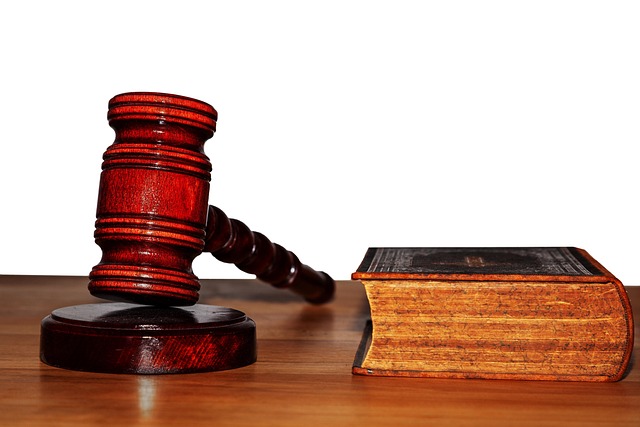
When it comes to a store slip and fall injury, timely filing is paramount. Each jurisdiction sets specific legal deadlines for such claims, which often vary depending on the severity of the injuries and local laws. These deadlines, known as statutes of limitations, ensure that cases are resolved within a reasonable period after the incident. For instance, in many states, you have one year from the date of the slip and fall to file a lawsuit against the store.
Ignoring these deadlines can have significant consequences for your claim. If you fail to file within the prescribed time frame, you may lose your right to pursue legal action. This is why it’s crucial to consult with an experienced attorney who specializes in personal injury or elder law, especially since slip and fall cases involving older individuals or those with limited mobility require extra attention. Furthermore, if there are contract disputes or breaches of contract related to the incident, understanding these deadlines becomes even more critical to protecting your rights.
Proving Negligence: What You Need to Show
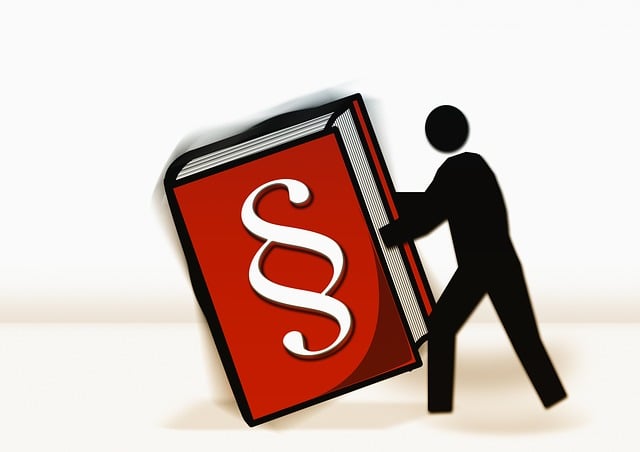
When it comes to proving negligence in a store slip and fall injury claim, there are several key elements you must establish. Firstly, you need to demonstrate that the property owner or manager had actual or constructive knowledge of a hazardous condition on their premises. This could include a spill, uneven flooring, or poor lighting, among other things. Constructive knowledge can be established by showing that a reasonable inspection would have revealed the danger.
Once you’ve shown knowledge, you must prove that the property owner or manager failed to take reasonable steps to address or warn about the hazard. This might involve demonstrating that they didn’t clean up a spill in a timely manner or lacked proper signage warning customers of a known danger. In cases involving wrongful death claims or medical negligence resulting from the fall, additional factors may come into play, such as insurance disputes over liability coverage or the severity of injuries requiring prolonged medical care.
When pursuing a claim for a store slip and fall injury, understanding legal deadlines is crucial. By knowing the timely filing requirements, you can ensure your case moves forward effectively. Remember, each jurisdiction has specific rules, so it’s essential to consult a legal professional who specializes in these types of claims. With their guidance, you’ll be better equipped to navigate the process and prove negligence, ultimately seeking the compensation you deserve for your store slip and fall injury.



